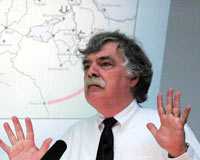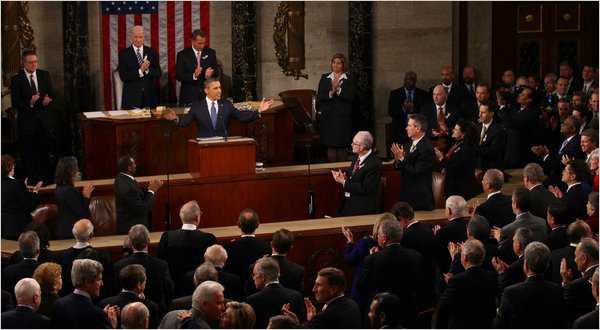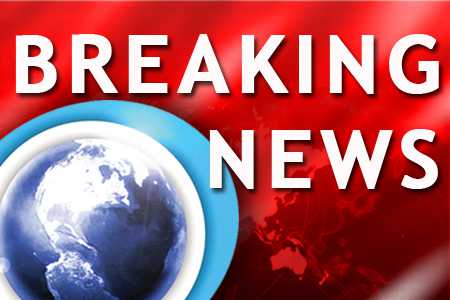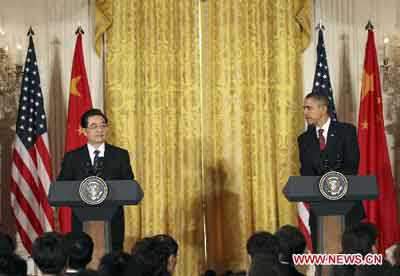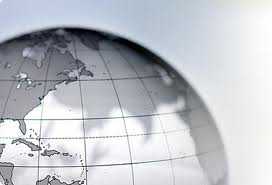Dear Sir / Madam,
You are kindly invited to attend our annual conference on the 4th February 2011 on the subject of “Turkish- Armenian Relations”, details of which are attached.
The guest speaker, Prof Justin McCarthy specializes in the social and demographic history of the Modern Middle East, particularly Turkey and the Ottoman Empire. He is presently Distinguished Professor of Arts and Sciences and Distinguished University Scholar at the University of Louisville.The event will be chaired by Professor Şevket Pamuk who is the Chair of Contemporary Turkish Studies at the European Institute, London School of Economics and Political Science. He is a leading economic historian of the Ottoman Empire, the Middle East and modern Turkey.
This is the fifth conference in the series and has been organised in the memory of 34 Turkish diplomats and other innocent victims who were murdered by various Armenian terrorist groups between 1973 and 1985. The aim of these conferences is to promote mutual understanding and discuss issues concerning Turkish-Armenian relations both recent and historic on an academic platform.
We very much hope that you will be able to attend the conference.
Yours sincerely,
FTA UK
——————————————————————————————————————
You are kindly invited to attend an evening conference entitled
‘TURKISH – ARMENIAN RELATIONS’
Friday, 4th February 2011, 6 pm for 6.30 pm
Venue:
Sheikh Zayed Theatre,
London School of Economics,
New Academic Building,
Lincoln’s Inn Fields,
London WC2A 2AE
GUEST SPEAKER
Prof Justin McCarthy
“Prejudice, Deception, and the Armenian Question”
For those who study the troubled history of relations between Turks and Armenians, the question naturally arises, “How could so many have been so wrong?” Why did Europeans and Americans at the time, and still today, believe a story of persecution that is demonstrably wrong? The answer lies in ignorance, prejudice, and deception. Ignorance made politicians and editors, then and today, believe whatever fit their prejudices. And prejudice caused them to ignore the facts before them. Instead, they accepted the often deliberate falsehoods spread by Armenian rebels and their supporters. This presentation offers examples of the deceptions that lie behind what is commonly believed of the Armenian Question.
CHAIRED BY
Prof Şevket Pamuk
* * * * *
Organised by
THE FEDERATION OF TURKISH ASSOCIATIONS UK
The Federation of Turkish Associations UK (FTA UK) is an umbrella organization consisting of 16 Turkish associations, representing approximately 300,000 British Turks and Turkish citizens in the UK. We are following closely any developments and issues concerning our community in this country and we make representations at governmental and/or local levels. We also serve as a broad platform reinforcing and building on the cultural and economic bridges between Turkey and the UK.
www.turkishfederationuk.com
* * * * *
Non – Members Welcome
Attendance is free but by registration only
Please register at
turkishfederationuk@yahoo.co. uk
or telephone / text 07788 908 803
* * * * *
Prof Justin McCarthy
Justin McCarthy received a Ph.D. in Near Eastern history from U.C.L.A. in 1978 and a Certificate in Demography from PrincetonUniversity in 1980. He is presently Distinguished Professor of Arts and Sciences and Distinguished University Scholar at the University of Louisville. Professor McCarthy specializes in the social and demographic history of the Modern Middle East, particularly Turkey and the Ottoman Empire. His books include Muslims and Minorities, Death and Exile, The Population of Palestine, TheOttoman Turks, The Ottoman Peoples and the End of Empire,Population History of the Middle East and the Balkans,Who Are the Turks?(with Carolyn McCarthy), The Armenian Rebellion at Van(with Esat Arslan, Cemalettin Taşkiran, and Ömer Turan), and Turkey and the Turks (with Carolyn McCarthy).His book on the image of Turks in America, The Turk in America, was published in 2010. He has also written a number of articles on Middle Eastern, Balkan, Turkish, and Ottoman topics. As a historical cartographer, he has produced the Middle Eastern map series for the Middle East Studies Association and the U.S. Department of Education, as well as maps for publications.He has lectured in Turkey, Azerbaijan, Britain, Germany, Austria, the Netherlands, Israel, Bosnia, and Saudi Arabia, as well as in the United States and Canada. In 2005 he was invited to address a special session of the Turkish Grand National Assembly. Rotary International gave him its Paul Harris Award. He has held a Senior Research Fellowship from the U.S. National Endowment for the Humanities, a National Needs Postdoctoral Fellowship from the National Science Foundation, a Fulbright-Hays fellowship, anInternational Research and Studies Program grant from the U.S. Department of Education, and other grants and awards. Professor McCarthy has served on the Boards of the Institute of Turkish Studies, the Turkish Studies Association, and the International Congress for Asian and North African Studies, as well as the advisory boards of various organizations.
| Prof Sevket Pamuk |
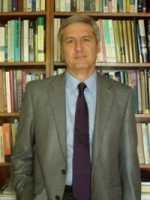
Professor Şevket Pamuk is Chair of Contemporary Turkish Studies at the European Institute, London School of Economics and Political Science. He is a leading economic historian of the Ottoman Empire, the Middle East and modern Turkey. He is the author of The Ottoman Empire and European Capitalism 1820-1913: Trade, Investment and Production (Cambridge University Press, 1987); A Monetary History of the Ottoman Empire (Cambridge University Press, 2000) and jointly with Roger Owen, A History of the Middle East Economies in the Twentieth Century (I.B. Tauris Publishers and Harvard University Press 1998). A collection of his articles on the Ottoman economy recently appeared asOttoman Economy and Its Institutions (Ashgate-Variorum, 2008). After attending high school in Istanbul, Pamuk graduated from Yale University and obtained his PhD. degree in Economics from the University of California at Berkeley. He has since taught at various universities in Turkey and the United States including Ankara, Pennsylvania, Villanova, Princeton, Michigan at Ann Arbor, Northwestern and beginning in 1994 at Bogaziçi (Bosphorus) University, Istanbul as Professor of Economics and Economic History. Şevket Pamuk was the President of the European Historical Economics Society, an association of European economic historians, has been a member of the Executive Committee of the International Economic History Association, a member of the Standing Committee on the Humanities of the European Science Foundation and is a member of the Academy of Sciences of Turkey. He serves on the Editorial Boards of various academic journals including European Review of Economic History and The Journal of Economic History.
Supported By Turkish Forum World Turkish Alliance UK

